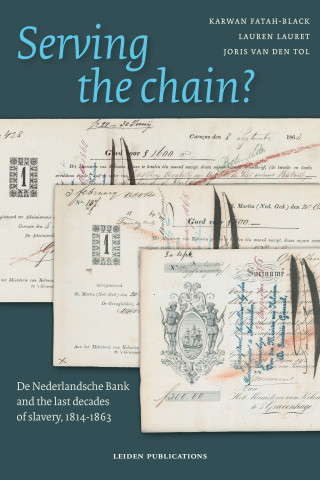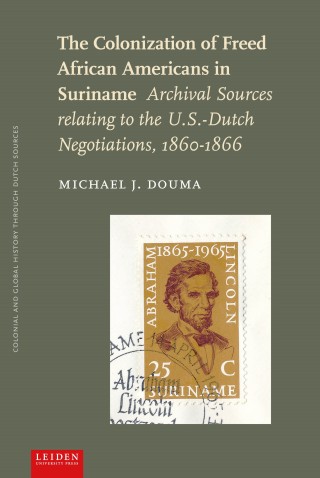Introduction by Karwan Fatah-Black, Camilla de Koning, Ramona Negrón, and Jessica den Oudsten
Part I. West-Africa
Chapter 1. A Versatile Island: The Role of São Tomé in the Slave Trade during the Period of WIC Occupation, 1641-1649 by Florian Herrendorf
Chapter 2. Arming the Slave Trade: Evidence on the Gun-Slave Hypothesis from Dutch Slavers by Philipp Huber
Chapter 3. The Slave Trade on the Return Voyage by Ben van Yperen
Part II. The Slave Ship
Chapter 4. The Middle Passages of the Christina & Geertruyda (1783-1785) and Zeemercuur (1787-1789): a comparison by Camilla de Koning
Chapter 5. The Significance of Shipboard Insurrections during the Slave Ship Captaincies of Jan Menkenveld and his Former Officers: David Mulders, Daniel Pruijmelaar and Willem de Molder, 1754-1767 by Luc Meijboom
Chapter 6. Rice, Barley and Beans: Extensity and Severity of Malnutrition in the Dutch Slave Trade by Lucas Oosterwijk
Part III. Conflict Management and Discourse
Chapter 7. Guarding Security, Managing Risks: West African Bombas on Dutch Slave Ships by Matthias Lukkes
Chapter 8. Business as Usual: Persisting Narratives of Commodification, Racialisation and Humanisation in the Archive of the MCC by Michael Rowland
Chapter 9. Abolitionist Grandstanding: Resisting the Illegal Slave Trade in Nineteenth Century Suriname by Aviva Ben-Ur
Epilogue by Sowande’ M. Mustakeem
List of Figures
List of Illustrations
List of Tables
Index




